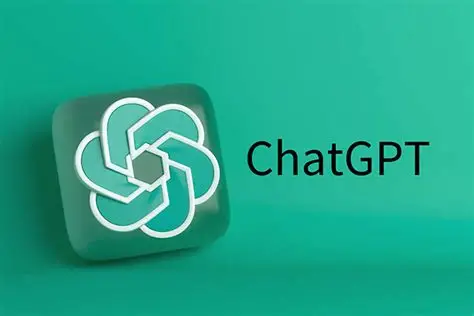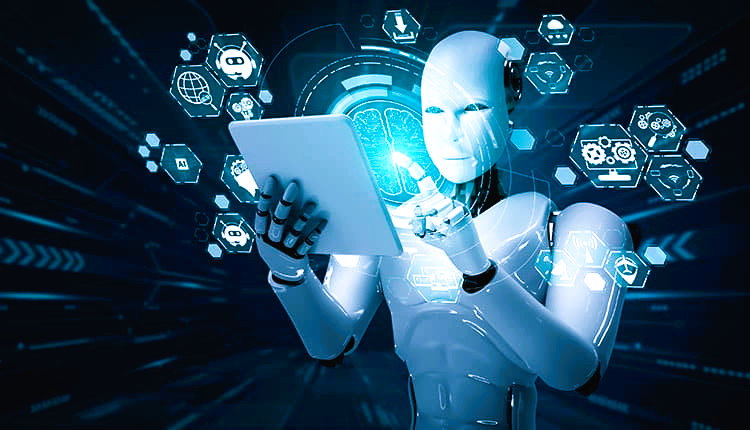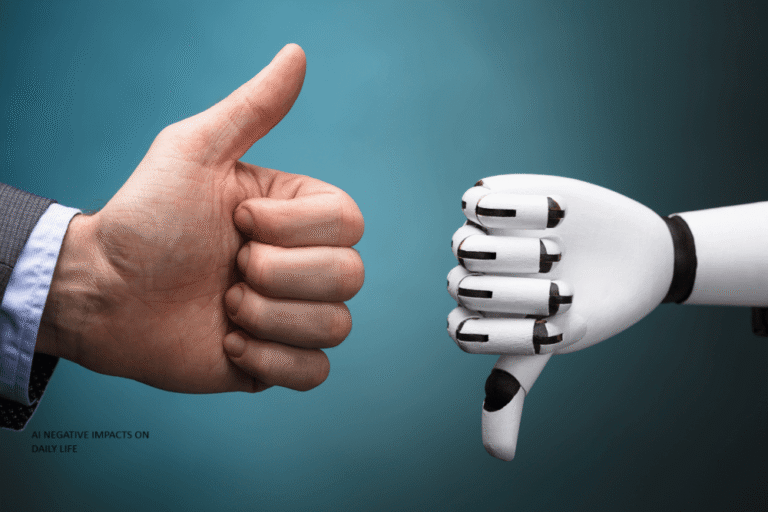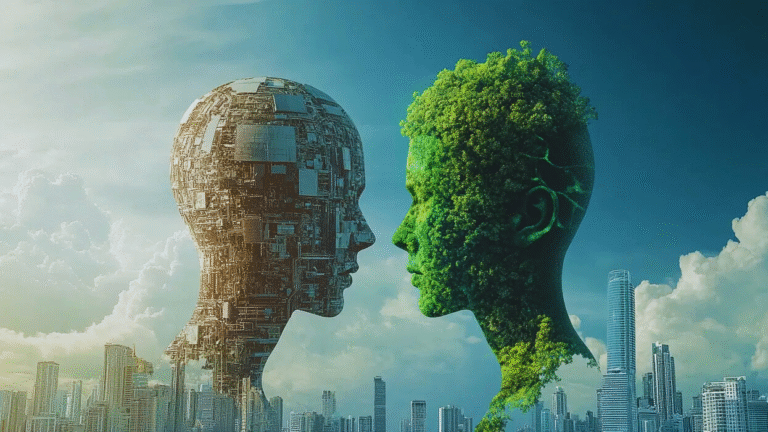How Accurate Is ChatGPT? Explain
A recent study found that chatbots can sometimes give answers as good as human experts. This raises an important question: how accurate is ChatGPT? As AI becomes more part of our lives, it’s essential to know how reliable tools like ChatGPT are. ChatGPT is an advanced language model developed by OpenAI. It functions as a conversational agent, designed to engage in natural language interactions with users. In this article, we’ll explore the strengths and weaknesses of ChatGPT’s answers to help you decide when to trust this AI tool.
What “accuracy” means for ChatGPT?
Before diving into numbers, it’s useful to clarify what “accuracy” can mean when applied to a tool like ChatGPT.
Factual Correctness
Factual accuracy means that ChatGPT strives to provide information that is true and verifiable. When queried about a specific historical event, for example, the model aims to reference established facts, avoiding speculation or misinformation.
Context Relevance
Accuracy also involves ensuring that responses are contextually appropriate. ChatGPT evaluates the previous dialogue to align its replies with the user’s ongoing conversation. This includes factors such as tone, subject matter, and previously shared details.
Domain-Specific Accuracy
The model’s accuracy is particularly important in specialized fields. Domain-specific accuracy focuses on providing precise information suited to particular subjects, be it medicine, technology, or finance.
Timeliness / Currency
In our rapidly changing world, timeliness is crucial. ChatGPT is designed to deliver responses based on current information, reflecting recent developments and trends to ensure relevance.
Understanding User Intent
Lastly, interpreting user intent adds another layer to accuracy. ChatGPT works to discern the underlying questions or needs, which often requires deciphering nuances and implicit meanings.
What the research shows: mixed but improving
General Benchmarks
A review of educational MOOCs showed that accuracy varied between 61% and 95%, averaging around 83.5% for different types of questions.
In a broader review of medical responses, accuracy across nine studies was found to be between 20% and 95%, depending on the questions and methods used.
One meta-analysis reported that the overall accuracy of ChatGPT in medical queries was approximately 56% (with a confidence interval of 51-60%) across the analyzed studies.
These numbers indicate that the model performs exceptionally well at times (over 90%) but can also perform poorly (as low as 20-30% or worse). Therefore, the outcomes significantly rely on the context.
Domain-Specific Insights
In healthcare, a recent study revealed that when tasked with identifying symptoms of diseases, ChatGPT had an accuracy of only 49-61% in a set of tasks.
In another study focused on clinical decision-making, ChatGPT achieved about ~72% accuracy overall, with around~ 77% for final diagnoses, ~60% for generating differential diagnoses, and 68% for management decisions in a medical vignette study.
In the area of STEM and engineering, one study found that for clearly defined problems, ChatGPT had about 62.5% accuracy. However, for real-world problems that were less defined, accuracy plummeted to about 8.3%.
Recent Claims about New Models
Some posts, claim that newer models (like “GPT-5”) have much higher accuracy, sometimes suggesting over ~90% on particular benchmarks. For instance, one site states that GPT-5 achieved ~91.4% accuracy on the MMLU benchmark.
However, other analyses warn that “hallucinations” are still an issue, particularly in complex or unfamiliar areas.
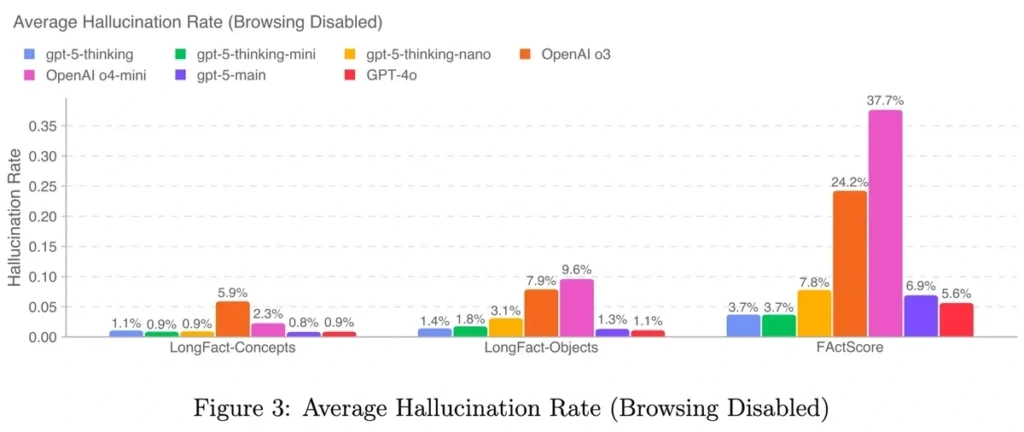
Why accuracy varies — key factors
Understanding why ChatGPT is more accurate in some cases than others help you assess when to trust it (and when not to)
Task Difficulty and Specification
The complexity of a task affects ChatGPT’s accuracy. Vague or broad questions can lead to unclear answers. Clear and specific requests improve the quality of responses.
Domain Expertise Required
In specialized areas, ChatGPT may lack deep knowledge. Although it is trained on a wide range of data, specific topics may need more expertise, making responses less detailed.
Hallucinations and Plausible-Looking Errors
AI models sometimes create false information that sounds believable. These “hallucinations” can mislead users, highlighting the importance of checking facts carefully. One study showed that AI agreed with trusted fact-checkers only about 38.2% of the time in some tests.
Data Recency and Update Lag
ChatGPT’s accuracy can decline if its training data is outdated. Without recent information, responses may not reflect the latest events, especially in rapidly changing topics.
Prompting and Context
The quality of the input greatly affects the output. Providing context and detailed background leads to more relevant answers. Poorly written prompts usually result in unsatisfactory responses. For example, one study showed that the tone of the prompt (polite vs rude) slightly changed accuracy (80.8% vs 84.8%). The quality of the input greatly affects the output. Providing context and detailed background leads to more relevant answers.
Model Version, Capabilities, and Benchmark Conditions
Different versions of ChatGPT have different abilities based on their training and testing. Newer models generally offer better accuracy and broader knowledge. Knowing which version you’re using helps set realistic expectations.
How to use ChatGPT effectively to maximise accuracy?
Here are tips to get the most reliable results when using ChatGPT.
Clarify Your Inquiry
To achieve optimal responses from ChatGPT, begin with a well-defined and specific question. Ambiguous queries typically yield less relevant answers. By incorporating more details, the model can better comprehend your requirements.
Provide Relevant Context
Offer essential background details to contextualize your question for ChatGPT. This enables the model to customize its reply according to your unique circumstances. For instance, when inquiring about a historical event, specify the timeframe or key figures involved.
Simplify Complex Questions
When facing complicated subjects, divide your questions into smaller, digestible components. This allows ChatGPT to thoroughly explore each part. Asking in a sequential manner can foster a more complete understanding of the overarching topic.
Indicate Desired Format
If you require a specific structure — such as a list, a summary, or an in-depth explanation — be explicit in your request. This direction assists the model in crafting a response that aligns more closely with your expectations.
Refine and Seek Clarity
Interact with the model by honing your queries based on its replies. If the provided answer lacks depth or accuracy, follow up with questions for further clarification. Engaging in iterative exchanges can significantly enhance the precision of the information you receive.
Validate Information
While ChatGPT can supply information, it’s advisable to independently verify the results, especially for critical or sensitive matters. Consulting trusted sources can help confirm the accuracy of the information shared.
Consider Multiple Viewpoints
Feel free to request various perspectives on a subject. Examining different angles can enrich your understanding and reveal subtleties you may not have previously considered. This approach is particularly advantageous in discussions involving debates or contentious issues.
By applying these techniques, you can improve your experience with ChatGPT and increase the accuracy of the information you obtain.
Related article:
Final recommendations
ChatGPT is a strong and flexible AI that provides helpful responses based on the context, but it’s not always 100% correct. How reliable it is can vary depending on the task, how clear the questions are, and how complex the subject is. While it does a great job with general knowledge and writing, it can sometimes give answers that sound right but are actually wrong. So, it’s a good idea to use ChatGPT as a smart helper, with humans double-checking the information.
FAQs
How reliable is ChatGPT overall?
ChatGPT’s reliability can change based on what you’re asking. For typical questions and general knowledge, it’s usually about 80–90% reliable. However, when it comes to specific fields like medicine or law, its reliability might drop to 50–70% or even less.
Why does ChatGPT sometimes provide incorrect answers?
ChatGPT creates responses by recognizing patterns in the information it was trained on. It doesn’t have knowledge like people do, so it can sometimes give answers that sound good but are wrong or outdated, which is called an AI hallucination.
Can I depend on ChatGPT for school or work tasks?
You can use it as a helper for writing or research, but it shouldn’t be your only source. Always double-check its information, verify facts from trustworthy sources, and make sure to cite properly if you use its material in school or work.
How can I improve the accuracy of ChatGPT’s answers?
- Ask clear and detailed questions.
- Give context or examples.
- Request sources or the thought process behind answers.
- Verify its responses against reliable references.
Is ChatGPT’s information current?
ChatGPT has a cut-off date (for example, its latest training data stops around mid-2024 for newer models). It might not be aware of events, research, or updates that happened after that date unless it’s linked to live web tools.

